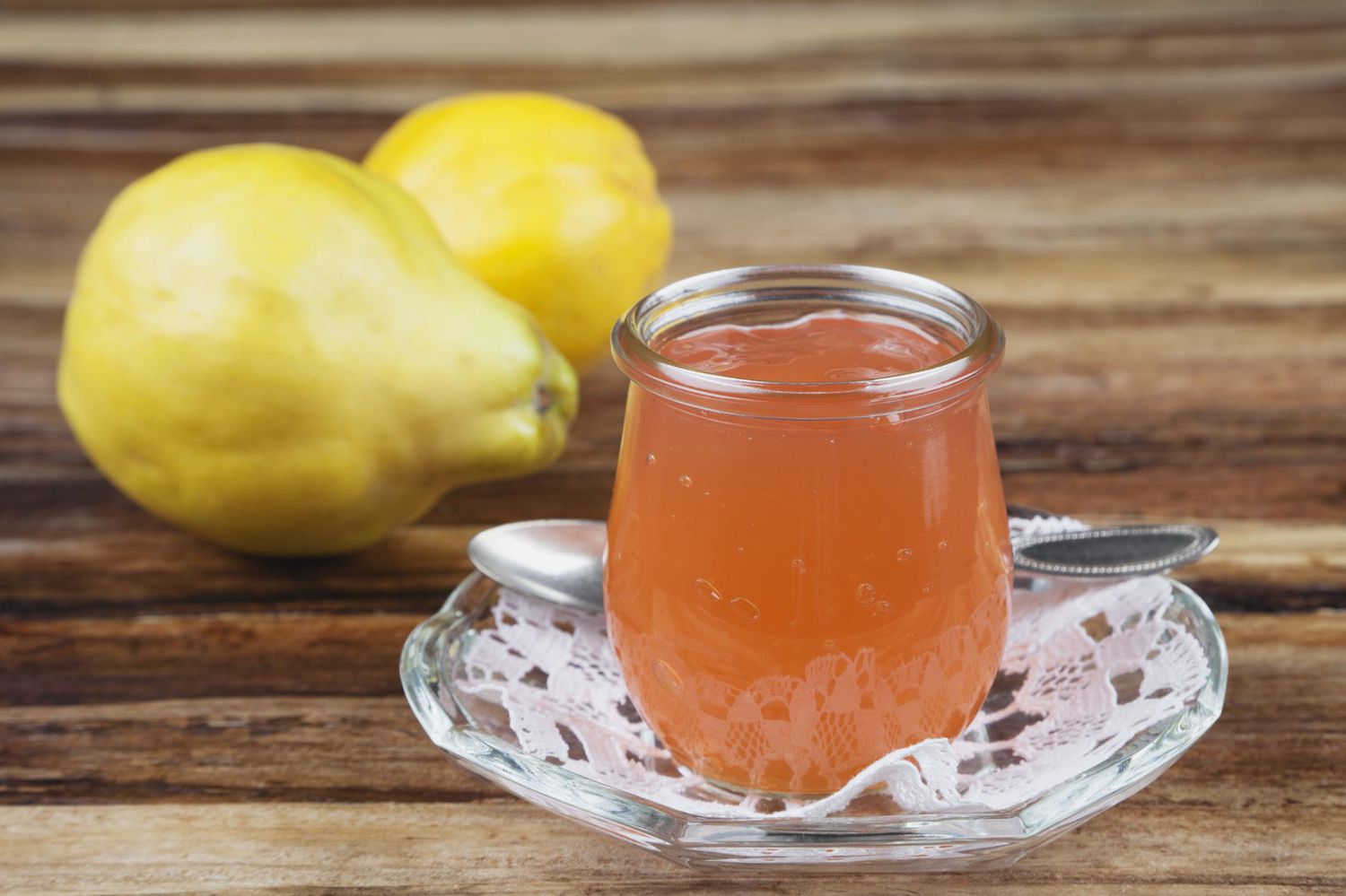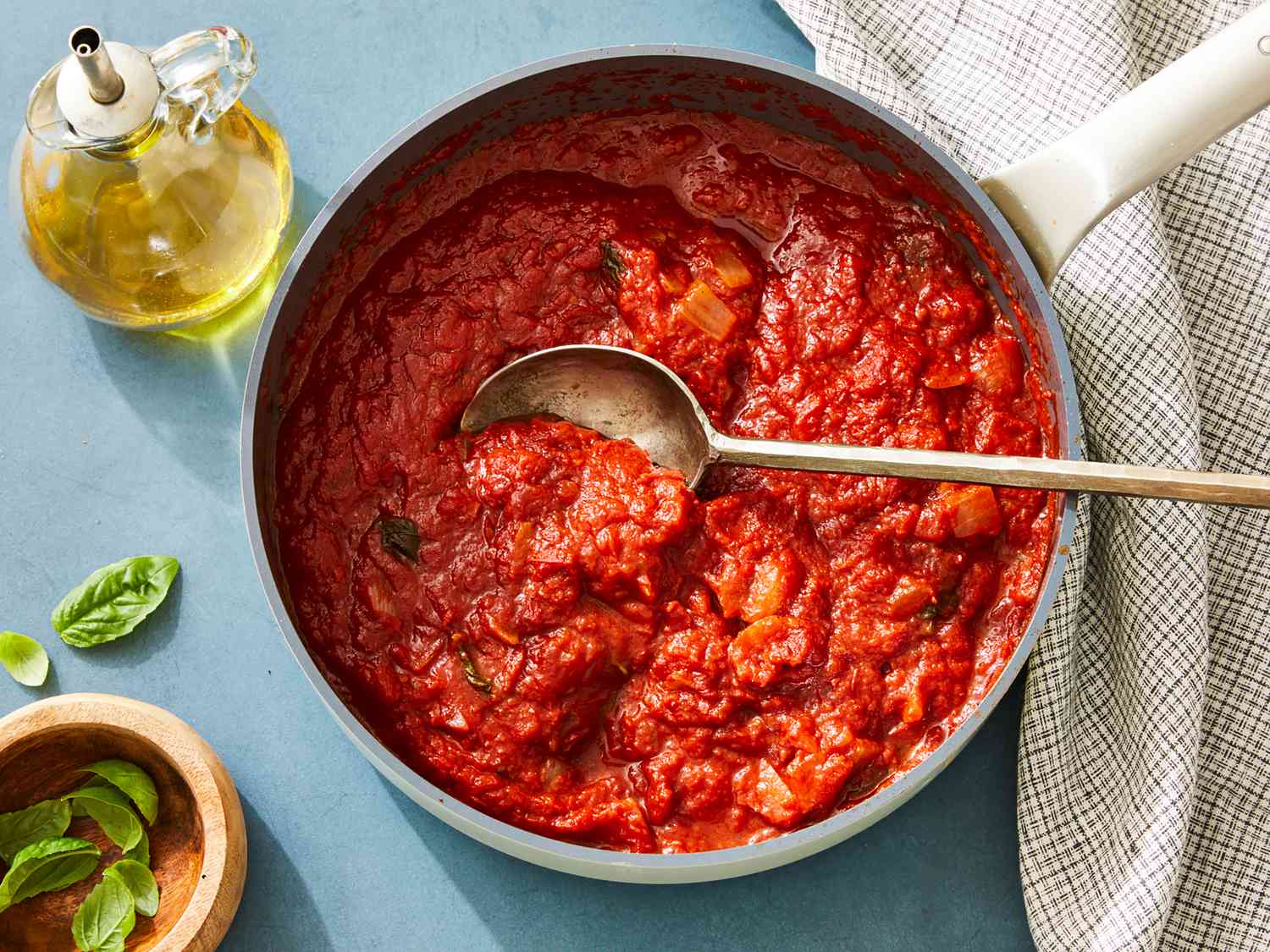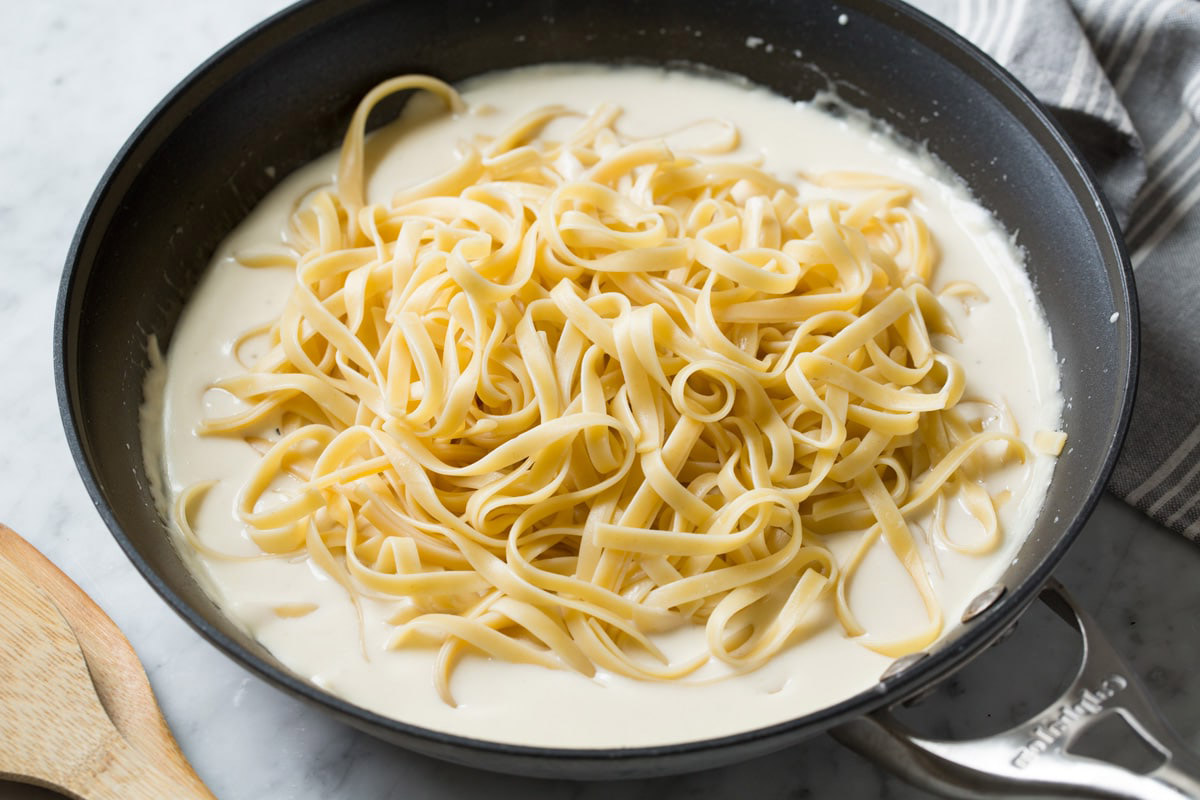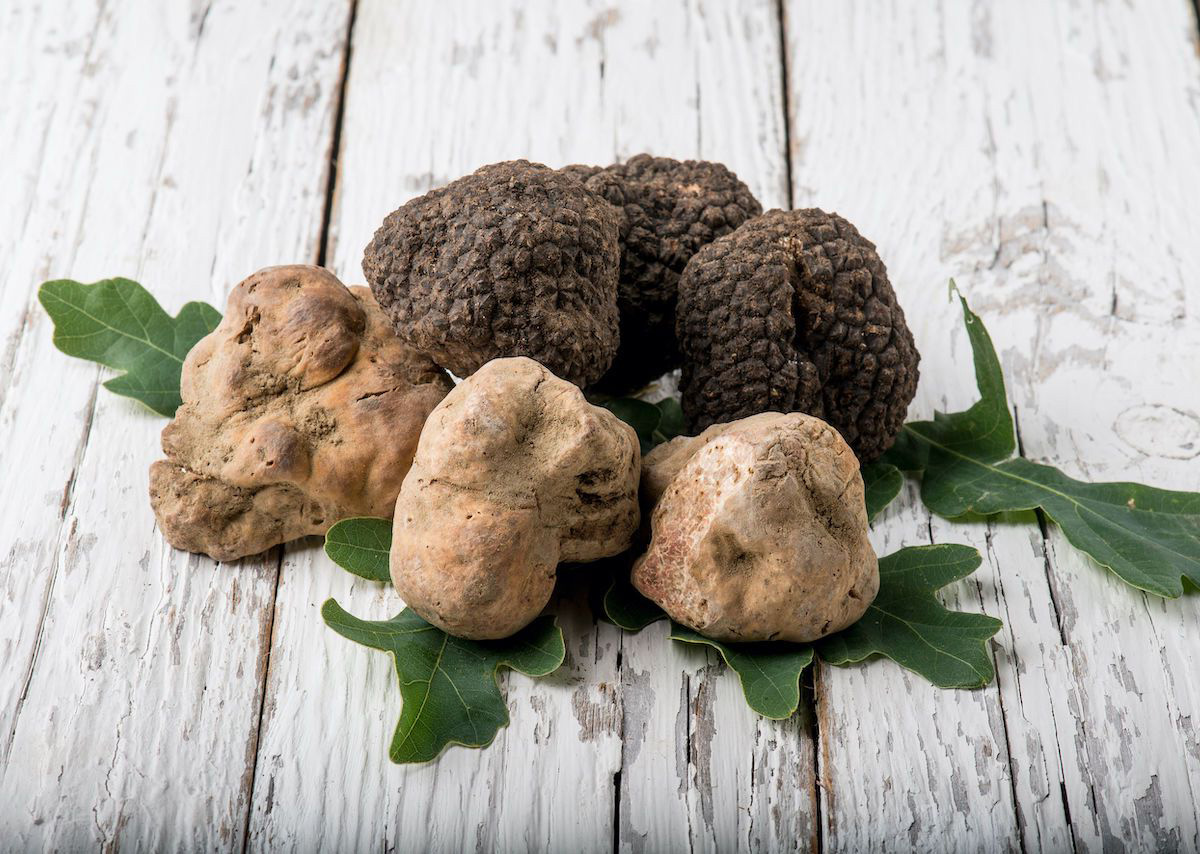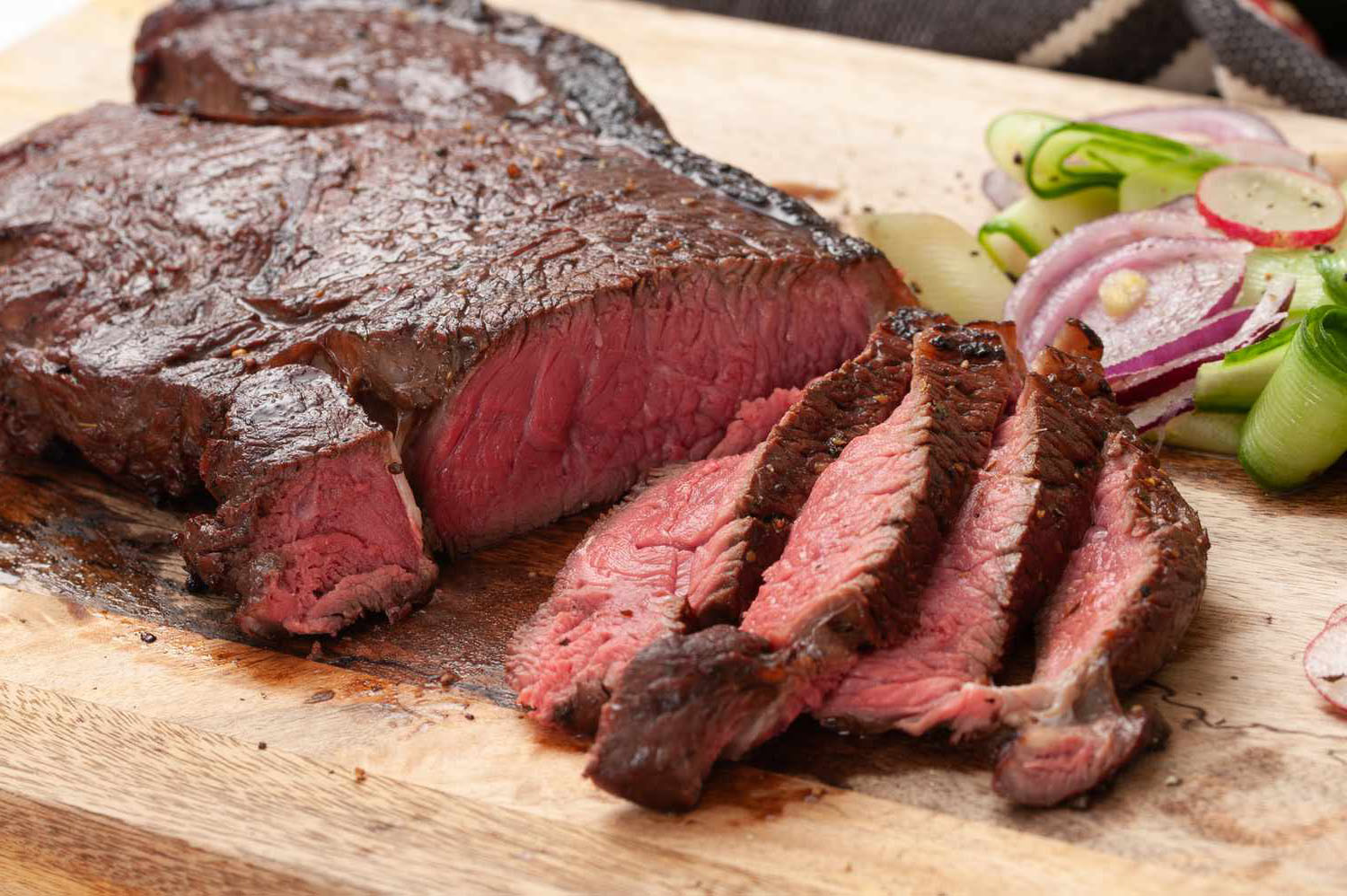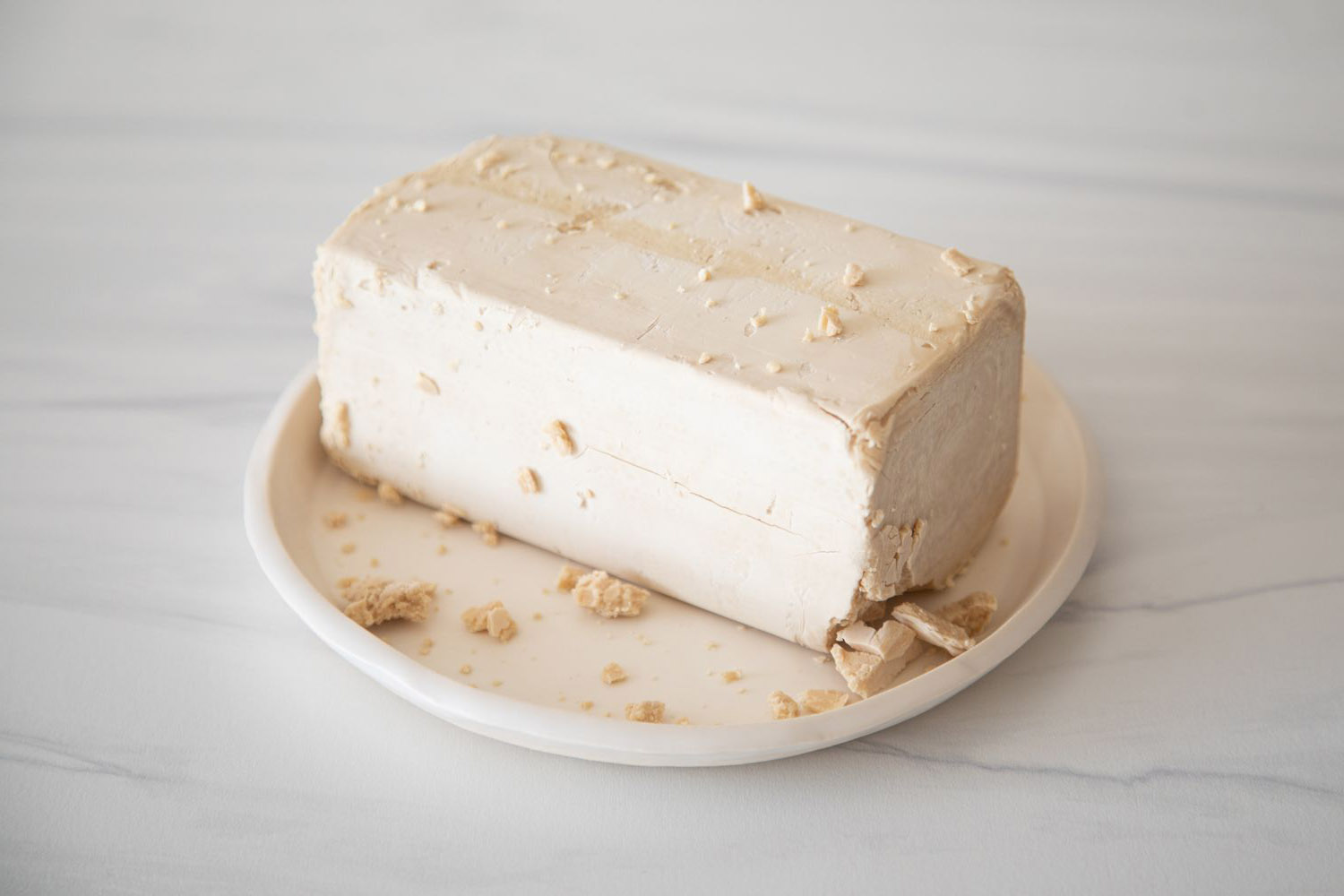The Difference Between Cinnamon and Ceylon Cinnamon
When it comes to spices, cinnamon is a popular choice for adding flavor to both sweet and savory dishes. However, many people may not be aware that there are different types of cinnamon, with Ceylon cinnamon being one of the most sought-after varieties. So, what exactly is the difference between cinnamon and Ceylon cinnamon?
Cinnamon
Cinnamon is a spice that is derived from the inner bark of several tree species belonging to the genus Cinnamomum. The most common type of cinnamon available in grocery stores is known as Cassia cinnamon. It has a strong, spicy flavor and is often used in baking, cooking, and brewing hot beverages.
Here are some key points about Cinnamon:
- It is widely available and less expensive than Ceylon cinnamon
- It has a stronger, more intense flavor
- It contains higher levels of coumarin, which may be harmful in large doses
Ceylon Cinnamon
Ceylon cinnamon, also known as “true” cinnamon, is derived from the Cinnamomum verum tree, native to Sri Lanka. It has a subtly sweet and delicate flavor, making it a popular choice for desserts and lighter dishes.
Here are some key points about Ceylon cinnamon:
- It is considered to be of higher quality and is often more expensive
- It has a milder, sweeter taste compared to Cassia cinnamon
- It contains lower levels of coumarin, making it a safer option for regular consumption
Which One Should You Choose?
Both types of cinnamon have their own unique characteristics and uses. If you are looking for a strong, bold flavor, Cassia cinnamon may be the better choice. However, if you prefer a milder, sweeter taste and are concerned about potential health risks associated with coumarin, Ceylon cinnamon is the way to go.
When purchasing cinnamon, it’s important to check the label to see which type you are getting. If the label doesn’t specify the type, it is likely to be Cassia cinnamon. For those who are passionate about the flavor and potential health benefits of cinnamon, investing in Ceylon cinnamon may be worth the extra cost.
In Conclusion
While both cinnamon and Ceylon cinnamon come from the bark of different trees, they offer distinct flavors and potential health considerations. Whether you are baking a batch of cookies or brewing a cup of spiced tea, understanding the difference between these two types of cinnamon can help you make an informed choice when it comes to seasoning your favorite dishes.
So, the next time you reach for a jar of cinnamon, take a moment to consider whether you want the boldness of Cassia cinnamon or the delicate sweetness of Ceylon cinnamon to enhance your culinary creations.
Was this page helpful?
Read Next: What Is The Best Caesar Dressing




